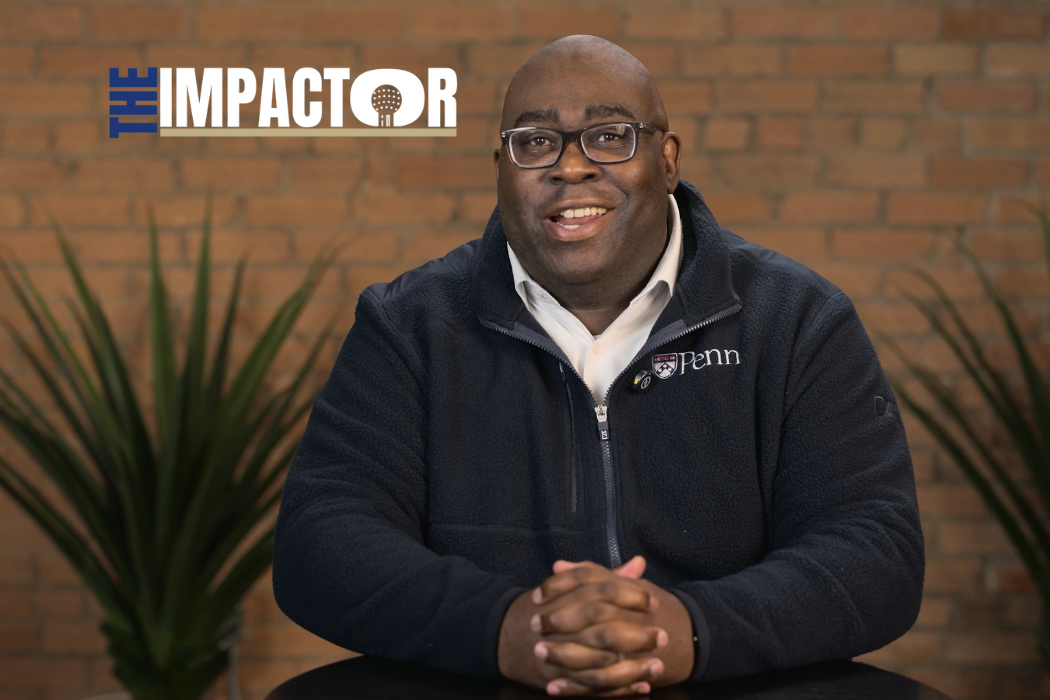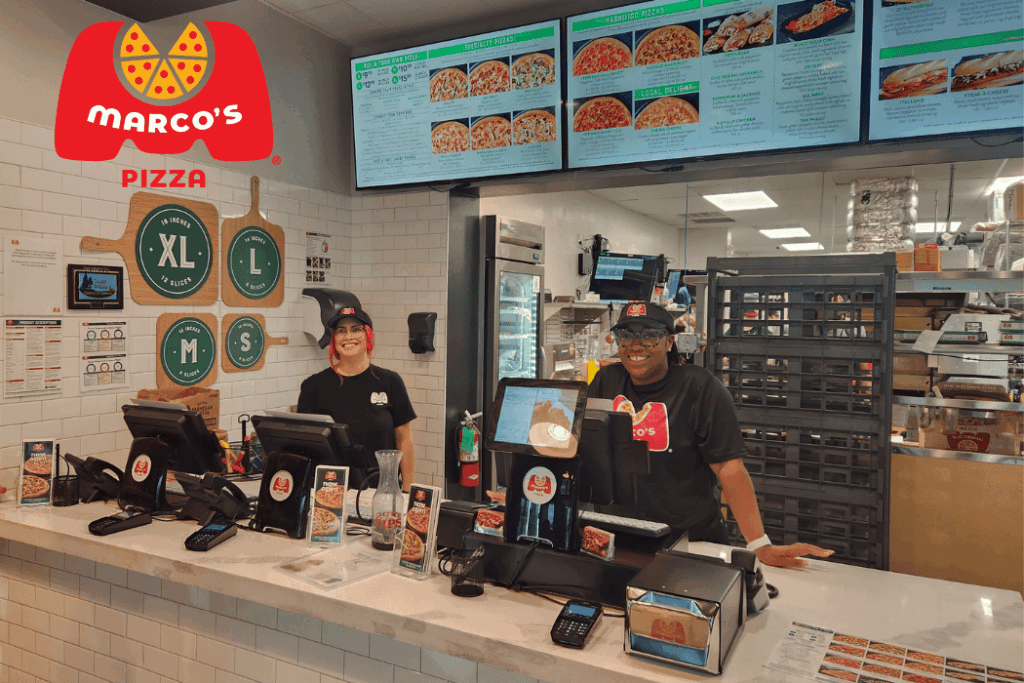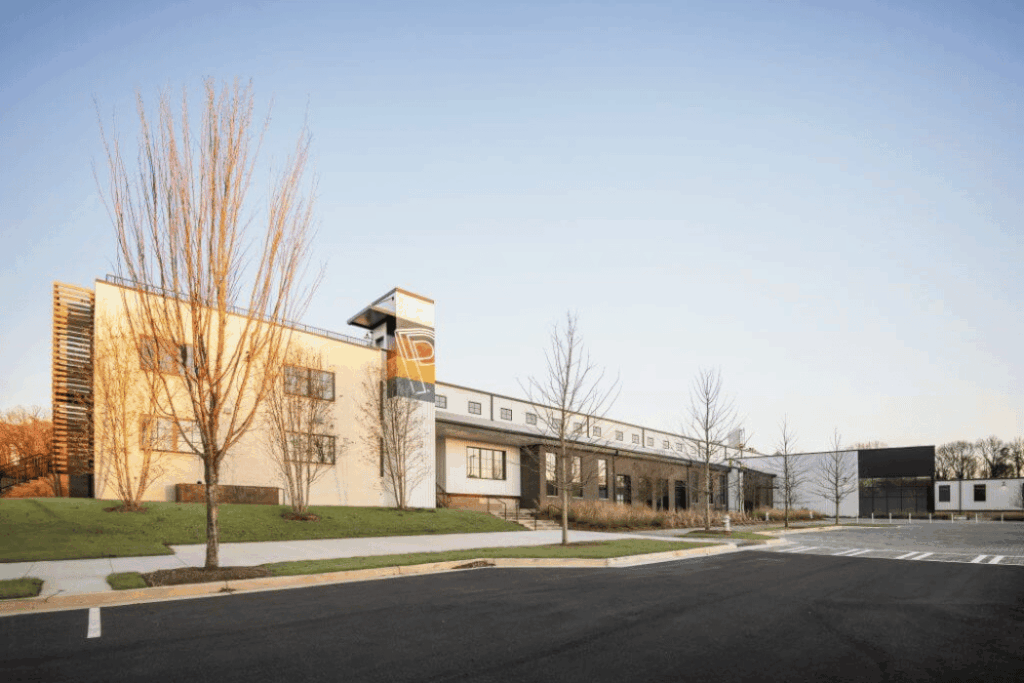
Carlos White is championing franchise opportunities as pathways to wealth in communities of color
In the bustling economic landscape of Dallas, a quiet revolution is taking place. It’s not led by tech moguls or real estate tycoons, but by a self-described “old country boy from Louisiana” who’s rewriting the rules of economic inclusion through an often misunderstood business model: franchising.
Carlos White, the City of Dallas’ Franchise Impact Ambassador and seasoned franchise attorney, is on a mission to transform how entrepreneurs of color view business ownership. Through his groundbreaking initiative “Pathways to Franchising in the DFW Metroplex,” White is bridging information gaps that have historically kept marginalized communities from capitalizing on what he describes as a “$9.5 billion industry in Dallas alone.”
“Franchising is not just for hamburgers and french fries,” White explains. “At the end of the day, it’s a regulated distribution model to deliver products and services. It’s industry agnostic. Anyone with a good concept and proven systems can franchise their business.”
Beyond Burgers: The Untapped Franchise Landscape
When most people think of franchising, golden arches and drive-thru windows come to mind. But White’s vision encompasses a much broader landscape—one that includes medical spas, home health services, e-sports, cannabis operations, and countless other sectors ripe for expansion through the franchise model.
This perspective shift is crucial to White’s larger goal: dismantling the perception that wealth creation through business ownership requires exceptional talent, lucky breaks, or generational advantages. Instead, he positions franchising as a structured, accessible pathway to economic empowerment—particularly for communities that have been historically excluded from traditional business opportunities.
“We need to develop an initiative around this to solidify Dallas’ position as one of the global hubs for franchising, and get more entrepreneurs to recognize that franchising could be an opportunity for them to grow and scale their businesses,” White says, echoing the sentiment that drove Mayor Eric Johnson, his former law school classmate at the University of Pennsylvania, to create this first-of-its-kind ambassador role.
Highlighting Black Excellence in Franchising
The power of White’s approach comes not just from theoretical possibilities but from living examples. His event featured some of the most successful Black franchise innovators in the country—all homegrown Dallas talent whose stories defy stereotypes about paths to wealth for people of color.
“We have Roland Parrish who owns 26 McDonald’s. We have Hiawatha Williams and Tim Williams who own Williams Chicken, one of the largest African American franchisors with 40 units that created a rainbow coalition of millionaires. When you have Calvin Golden, an African-American gentleman that helped create Wingstop’s® first franchise program and sold the first 14 units—we need to know this,” White emphasizes.
These success stories serve a dual purpose: providing concrete proof that franchise success is attainable for people of color, while simultaneously showcasing that this success doesn’t require becoming “an international rapper or play sports.” It’s about seeing people who look like you achieving extraordinary things through accessible business models.
“They created millionaire franchisees and also general contractors, bookkeepers, lawyers. They created an ecosystem of economic opportunity,” White explains, highlighting the multiplier effect that makes franchising particularly powerful for community wealth building.
Legal Strategy: The Missing Link in Entrepreneurial Success
With 20 years as an attorney and 17 specializing in franchise law, White brings a crucial perspective to entrepreneurial discussions: the strategic importance of legal counsel from day one. This emphasis on legal foundations stands in contrast to many business development approaches that treat legal concerns as an afterthought.
“One thing that entrepreneurs get with an attorney is an independent assessment. We’re forced by ethical obligation to have your best interests at heart,” White explains. “A lot of times entrepreneurs go to a real estate broker or business broker, which are fine, but they’re being paid off for sale. They don’t have the same fiduciary duties as an attorney.”
For White, contracts are essentially profit and loss statements for franchise arrangements. The franchise agreement, lease agreement, and loan agreement collectively form the financial backbone of the business—making skilled legal navigation critical to success.
“That’s been the missing link with respect to why a lot of businesses, especially in our community, have not grown and scaled the way they should. They don’t have that integrated business and legal transactional strategy,” he says.
Democratizing Access to Elite Legal Expertise
Recognizing that high-quality legal counsel often comes with prohibitive price tags, White created The Impactor, a platform designed to democratize access to elite legal expertise. Through this venture, entrepreneurs can access master calls for a minimal cost, gaining insights that might otherwise cost much more from attorneys with White’s credentials—which include partnership at three major law firms and helping build a company from startup to $700 million in revenue.
“You need a great advisor that works with you, that’s affordable, that you can grow with,” White says. “That’s the missing link, whether it’s franchising or just growing and scaling.”
This commitment to making expert guidance accessible extends to educational initiatives like the Franchise 360 program with Dallas College—a four-week course that teaches entrepreneurs how to franchise their business, evaluate franchise opportunities, or invest in existing franchise operations.
The Transparent Path to Franchise Success
For aspiring franchisees intimidated by the complexity of the model, White emphasizes one of franchising’s greatest advantages: transparency. The Franchise Disclosure Document, while daunting at 300 pages, provides comprehensive information about the investment opportunity—a level of disclosure rarely found in other business models.
“What other industry do you get that type of disclosure before you have to purchase?” White asks. “They can’t take any of your money or sign any agreements for at least 14 days because they want to give you a time period to evaluate.”
This regulated disclosure requirement creates a structured path for entrepreneurs to evaluate investment costs, develop financing strategies, and understand business models before committing—reducing the information asymmetry that often disadvantages first-time business owners.
From One Store to Community Impact: The Mr. Everything Story
While White has facilitated major international franchise deals for brands like Wingstop® and Jamba Juice, he cites his work with a relatively unknown Atlanta-based concept as his most meaningful professional achievement.
“Mr. Everything serves rice bowls with a protein on top. They wanted to use franchising to scale from one to two or three units,” White recalls. “I helped them with their franchise program, and they were able to scale from one to five units.”
But the story doesn’t end with this modest expansion. Through franchising, Mr. Everything provided an entrepreneurial opportunity to someone who might otherwise have struggled to find employment due to having a criminal record. That franchisee turned a $125,000 build-out into an operation generating $1.3 million in first-year revenue—during the COVID pandemic, no less.
“So, a $125,000 build out and they’re making a million dollars top line revenue. That’s a nice return on investment,” White notes. The success created a virtuous cycle, with royalty fees enabling the original concept owners to diversify into new ventures, including a successful bar near Clark Atlanta University.
“To me, that was the perfect example of how a mom-and-pop concept can grow and scale, provide someone else the opportunity to be successful, as well as receive economic benefits to help them grow in other business objectives,” White says.
Building an Inclusive Franchise Ecosystem
White’s vision for a truly inclusive franchise ecosystem focuses on two key areas: developing more emerging franchisor concepts from community-based businesses and creating innovative financing structures that allow passive investors to support operators with expertise but limited capital.
“Let’s take those systems and scale them out to at least five or ten units,” White suggests for local neighborhood favorites. “Once you get to about four or five units, that’s when you really start building wealth.”
On the investment side, White envisions partnerships that match skilled operators—perhaps current managers seeking ownership—with community-minded investors looking for alternatives to Wall Street.
“A lot of us don’t want to be a franchise operator nor should we be,” White acknowledges. “But they make it seem like the only way I can benefit from franchising is if I have to be the franchisee myself.”
Instead, he proposes alternative models: “Let’s take someone that has the expertise, like a good manager at one unit. They want to become an owner-operator, give them 10 percent equity, a salary, and invest in them and help them grow. And [you], as a passive investor, as opposed to investing in Walmart or Amazon, can invest in somebody in [your] community and in a business that [you] recognize, and get a rate of return on that.'”
From Louisiana Roots to Economic Revolution
White’s passion for creating inclusive economic pathways stems from his experiences growing up in Shreveport, Louisiana during the racially tense 1990s—a time when, as he recalls, “a former grand wizard of the Ku Klux Klan was winning the runoff to be the governor of Louisiana, as well as the U.S. Senate.”
Navigating a high school environment where many teachers supported such candidates instilled in White a determination to succeed against all odds and a commitment to collective advancement.
“It’s like, how are we going to make it? And we make it through community, making sure that everybody gets the ‘win’ as opposed to one person getting the ‘win,’” White explains.
This philosophy informs his approach to franchising as an economic development tool: success isn’t measured by individual achievement but by how many others are lifted in the process.
“We want to support entrepreneurs that also create additional economic opportunities for others,” White emphasizes. “The sheroes and heroes are the entrepreneurs, those that take the risk. So, we have to put them in the position where they can win. And that’s what’s important to me because as they win, everyone else wins.”
Through his work as Dallas’ Franchise Impact Ambassador and founder of The Impactor, Carlos White is architecting nothing less than a new economic framework—one that democratizes access to wealth-building knowledge, creates pathways for community investment, and positions franchising as a vehicle for collective prosperity rather than individual gain.
For aspiring entrepreneurs wondering where to start, White’s advice is straightforward: “Make sure that this is not a hobby, this is a business. If you’re going to be an entrepreneur, then you’re going to have to invest in yourself, time and money. And you’re going to have to invest in getting the right professionals to help you along the way.”













